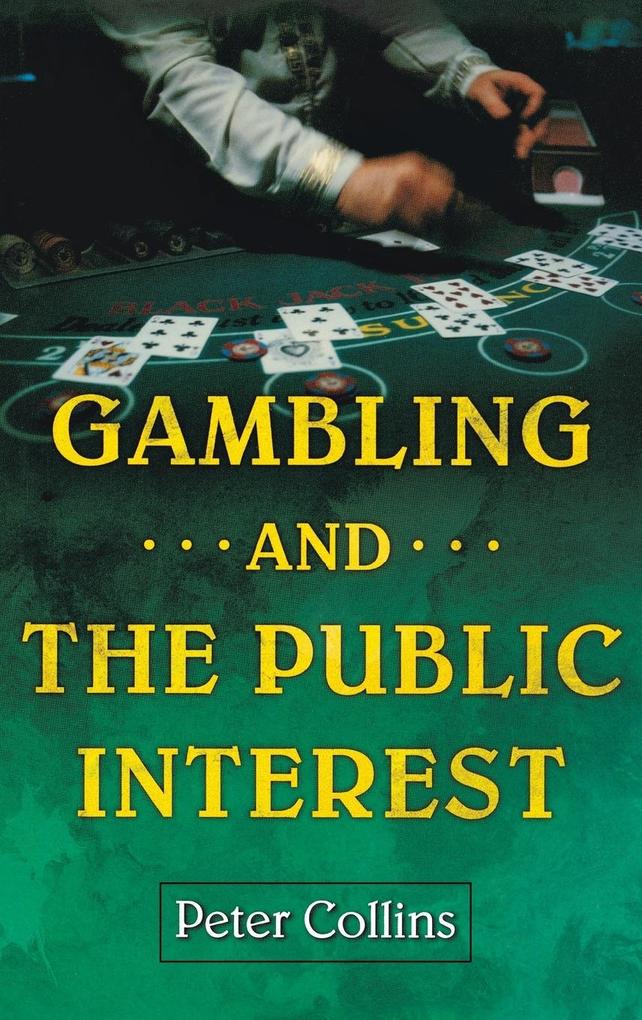
Zustellung: Fr, 25.07. - Di, 29.07.
Versand in 7 Tagen
VersandkostenfreiBestellen & in Filiale abholen:
No longer confined to Nevada and Atlantic City, gambling is cropping up everywhere with astonishing pervasiveness, from the new Native American casinos to state-run lotteries to the Internet. Arguing against the idea that a moral case can be made for banning gambling in a society committed to liberal democratic values, Collins nonetheless sees a role for furthering public policy goals and mitigating the ill effects of gambling on communities as well as on gamblers themselves. Recognizing that governments and suppliers of gambling services have a common interest in ensuring that gambling is both profitable and well thought of by the general population, he argues for tax policies that direct investment toward communities in special need and for honest and realistic treatment and prevention programs for compulsive gamblers. Politicians, civil servants, and regulators concerned with gambling matters; those in and outside of the gambling industry who seek to influence it; and students of the gambling industry at all levels will find this a fascinating look at a growing and controversial industry.
Inhaltsverzeichnis
ContentsPreface ix1. Introduction 12. What Is Gambling? 153. Should Gambling Be Legal? 274. How Should Gambling Be Regulated? 535. The Economics of Gambling 856. Problem Gambling 1297. E-Gambling 1558. Gambling and Morality 169Appendix: Reforming Gambling Law in the United Kingdom: A Case Study 179Bibliography 193Index 197
Produktdetails
Erscheinungsdatum
30. April 2003
Sprache
englisch
Seitenanzahl
216
Autor/Autorin
Peter Collins
Verlag/Hersteller
Produktart
gebunden
Gewicht
493 g
Größe (L/B/H)
240/161/16 mm
ISBN
9781567205855
Entdecken Sie mehr
Pressestimmen
?Discusses regulatory, tax. and other public-policy issues related to gambling, including whether the gaming industry should be compelled to finance treatment for problem gamblers.?-The Chronicle of Higher Education
Bewertungen
0 Bewertungen
Es wurden noch keine Bewertungen abgegeben. Schreiben Sie die erste Bewertung zu "Gambling and the Public Interest" und helfen Sie damit anderen bei der Kaufentscheidung.









